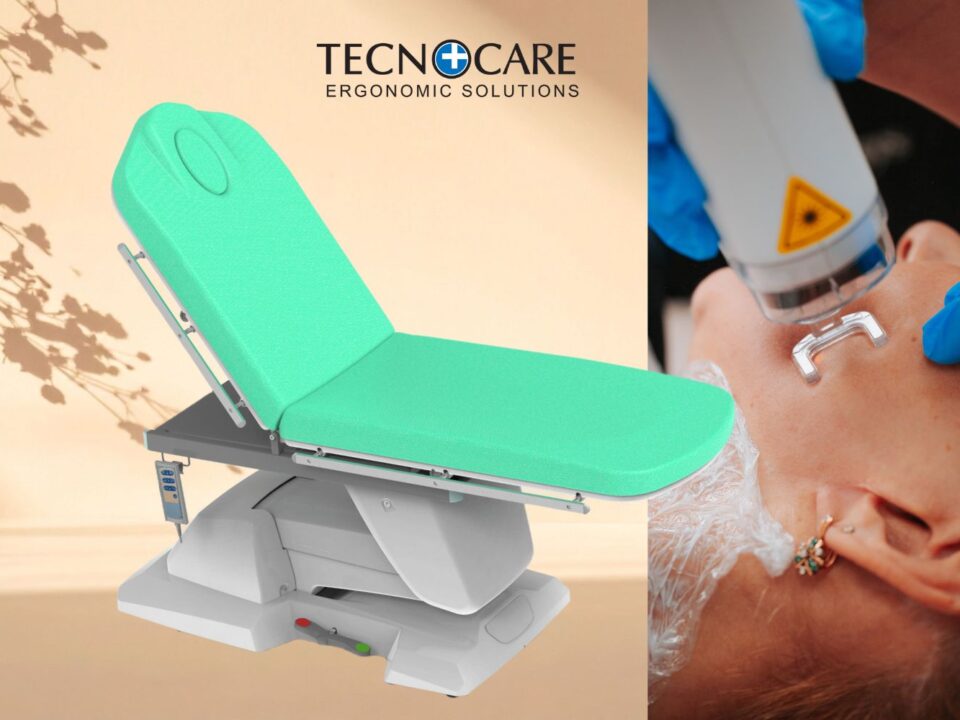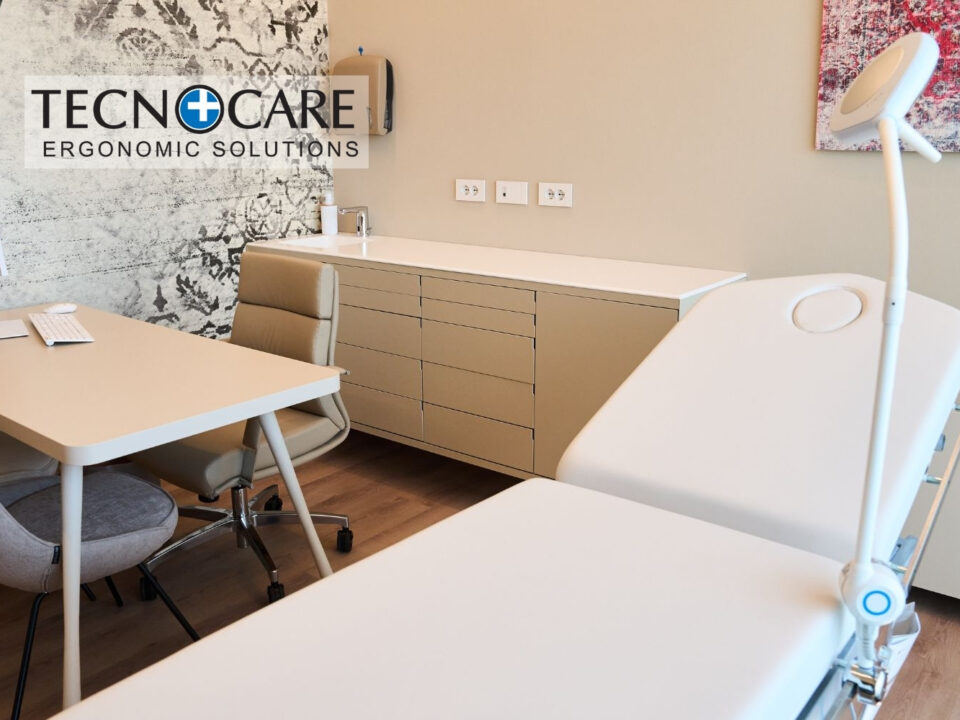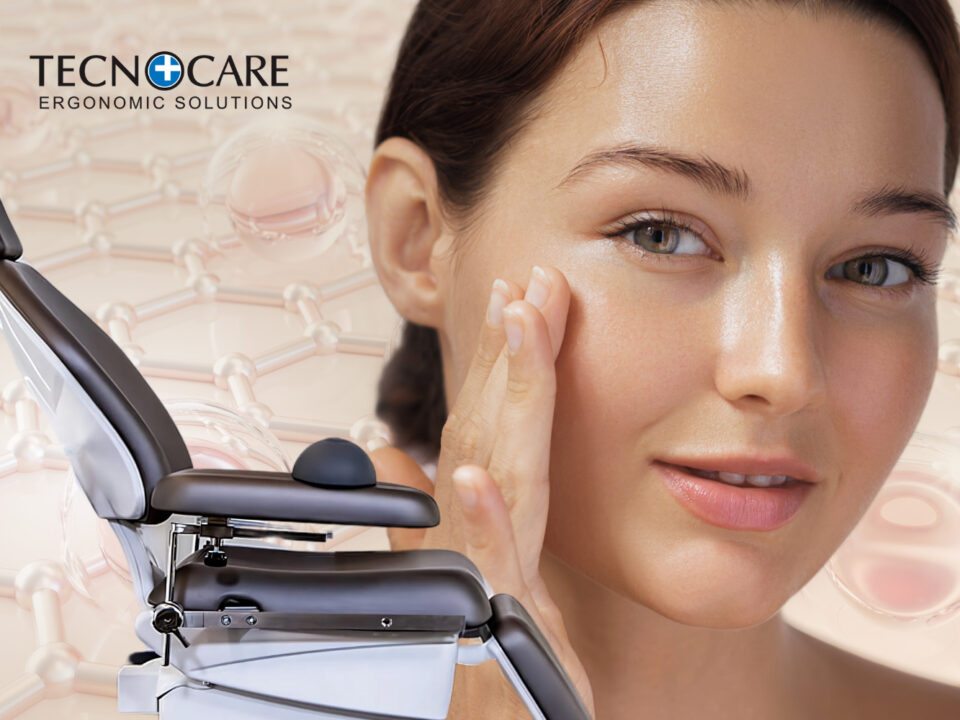The value of people in the patient experience:
How important are people in an experience? How important are they to the memory we retain of a specific moment?
People matter, which is why it is more important than ever to train staff in soft skills.
Knowing how to speak, how to handle difficult communication and how to negotiate are soft skills that anyone who deals with the public should have.
In a doctor’s surgery, as in any other environment, they are of course essential.
The first contact we have with people is often on the telephone: in communication we talk about the importance of having “a smile in our voice“, because if we smile when we speak, those on the other end will hear and appreciate it; it is usually said that “what you give comes back to you”, so even this simple expedient predisposes the other person to respond with the same warmth.
Empathy certainly helps, but it can be built up for those who are less naturally gifted with it or refined for those who already have it.
Receiving people in the right way is the first step in building a proper hospitality ritual that needs to be standardized and learnt by whoever is handling it in practice.
Reservations, quotations and even disputes must be handled with competence and confidence.
It sounds simple, but it is not: recruiting, training and reducing staff turnover are among the most important issues facing practices today.
Communication – from brochures to website to social media:
Of course, communication also consists of print and digital communication, which should work together.
The most important thing is to define your tone of voice and then match your communication style to it.
Here is an important statistic: 85 percent of patients research online before contacting a professional.
This should make us realize the attention we need to pay to our digital content, be it the website or social media.
The site needs to be informative, up-to-date, and easy to use, then it needs to be graphically ‘dressed’ in the style that will be the common thread for all materials.
Social profiles are repositories that need to be managed carefully: in addition to providing information about the center’s activities, they also collect customer satisfaction (or dissatisfaction); therefore, if they are active, they should be monitored, updated, and enriched with content that is of interest to the audience.
Paper materials, on the other hand, should talk about the practice, but above all, in a few bullet points, express the news that patients can find in the clinic: these items should be kept, in a few copies, in the reception room, because if they are well made and with informative content, they will also entertain in the waiting moments.
Services:
It goes without saying that we live in the age of services, which are far more important than products/treatments, as the patient can often find them anywhere (with due regard to quality).
In this respect, the practice can indulge and refine them according to its clientele.
They do not necessarily have to be purely financial services (payment by instalments, etc.), but could include parking facilities (if the practice is located in the city center) or pick-up facilities (if the patient has mobility problems), or offering the patient a range of ancillary specializations that allow him or her to optimize time and costs (the most recent example is dental services combined with aesthetic medicine).
Another service that is becoming increasingly popular is the ability to make an appointment online and independently, avoiding all the unnecessary steps and waiting on the phone.
People, communication, and services are some of the key factors that determine the patient experience: therefore how they are cared for and focused on will determine patient retention and word of mouth.




